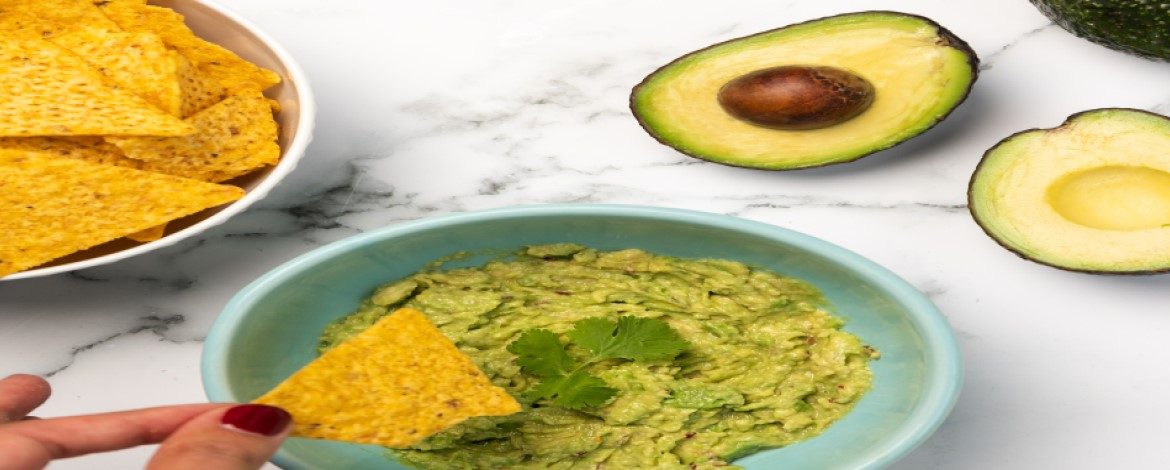Recent widespread hard freezes more than likely resulted in damage to many of the citrus trees in Northwest Florida. Cold damage will become more evident as we move into the spring and summer of 2023. It is best to take a “wait and see” approach and delay pruning and fertilization until new growth occurs…











